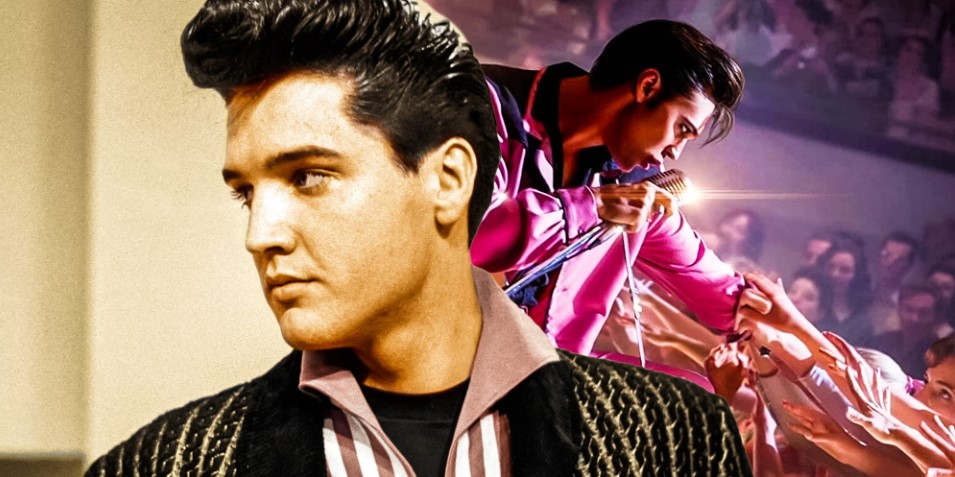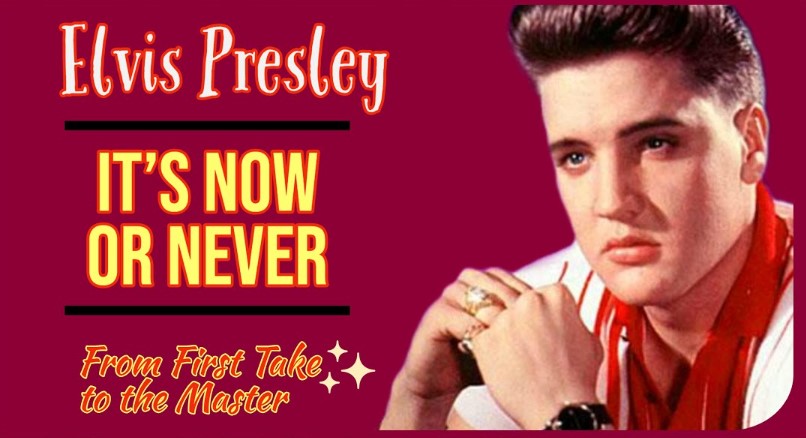Amidst the challenges, a pivotal figure emerged – Colonel Tom Parker, Elvis's shrewd and devoted manager. In a surprising turn, Parker, recognizing the power of redemption and spirituality, believed that gospel music could serve as a lifeline for Elvis, rescuing him from the clutches of addiction.

After seeing Baz Luhrmann‘s Elvis, Greg McDonald knew he had to set some records straight. He knew both Elvis Presley and his manager, the infamous Colonel Tom Parker. He said that the media paints Parker out to be the bad guy in the story but there is always more to learn. McDonald said that Parker loved Elvis like a son and they were very close. In the years before Elvis’ sudden death, Parker had been very worried about him and his addictions.
Elvis Presley's connection to gospel music was deeply rooted in his upbringing. Raised in the Southern traditions of the Assembly of God church, gospel music had been a foundational part of Elvis's early years. His love for gospel was evident in his heartfelt renditions of hymns and spiritual songs.

Colonel Parker recognized this connection and, in an effort to address Elvis's personal struggles, encouraged him to delve into the genre more profoundly. Parker believed that the sincerity and spiritual resonance of gospel music could serve as a cathartic experience for Elvis, providing him with solace, inspiration, and, ultimately, a path towards recovery.
Colonel Tom Parker's belief in the healing power of gospel music proved to be visionary, as Elvis's foray into the genre marked a significant chapter in his personal and artistic journey. While the albums showcased Elvis's vocal versatility, they also represented a departure from the commercial rock and roll image that had defined much of his career.
The spiritual depth of these gospel recordings provided Elvis with a platform to express his faith, confront his personal struggles, and connect with audiences on a more intimate level. In embracing gospel, Elvis found solace and a renewed sense of purpose, channeling his inner turmoil into songs of faith and redemption.

McDonald and co-writer Marshall Terrill open up about the relationship between Parker and Elvis in a book called Elvis and the Colonel: An Insider’s Look at the Most Legendary Partnership in Show Business. He shared, “Everybody depicts the Colonel as this bad guy, but if Elvis Presley was standing in the room right now, and somebody in the room said something bad about the Colonel, they’d get thrown out of the room. They loved each other, but they had a tough relationship toward the end because Elvis wasn’t doing well, and the Colonel was worried about him.”
By 1973, Parker realized that Elvis had a serious drug problem and was being enabled by Dr. George C. Nichopoulos, who prescribed him thousands of doses of prescription drugs over the years. McDonald recalled, “The Colonel and I were down in San Diego at one of the big buildings where Elvis was appearing.

Billy Graham was there for several days. He had a 100-piece choir… There must have been 50,000 people… On our way home, the Colonel said, ‘The thing Elvis loves the most in his life is gospel music. And if he had a 100-piece choir like Billy Graham and only did gospel music… It might save his life.’”
The Colonel knew Elvis needed something more than Vegas and the regular rock ‘n’ roll tours,” he continued. “He knew that Elvis loved gospel music. He loved it better than anything… The Colonel knew Elvis was at risk. He felt that gospel music would save him.” Elvis was excited about the idea but ultimately it was too late. He died in 1977 from a heart attack likely caused by his addictions and poor diet.



